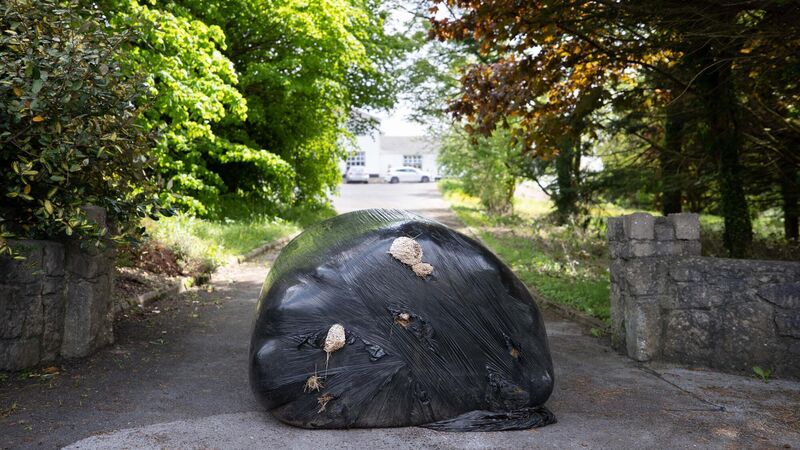Mick Clifford: We must avoid gutter of cheap politics

A silage bale blocking another entrance at Magowna House on Wednesday. Reserves of patience and empathy will continue to be required from a public that has thus far, to the greatest extent, shown itself to be largely welcoming of those fleeing their homes.















